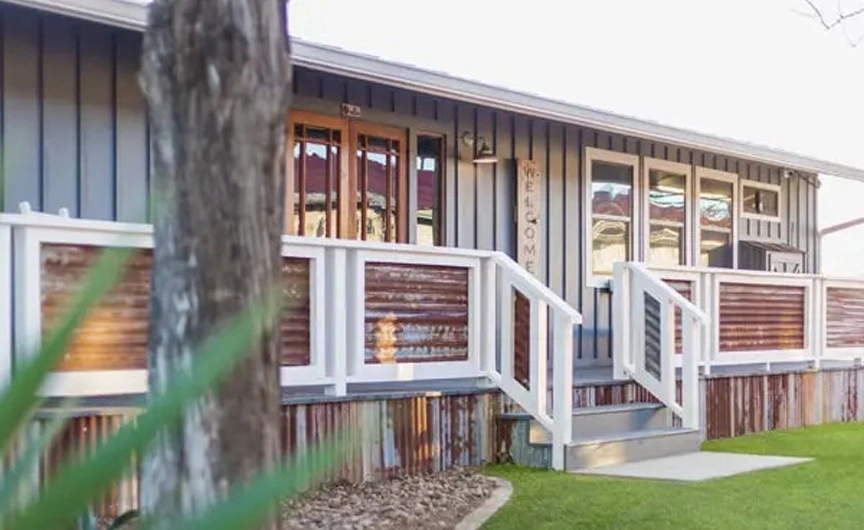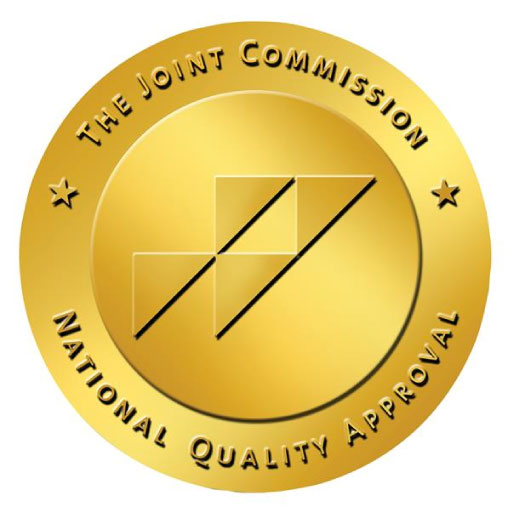There are many reasons people are reluctant to enter treatment. The most common are that they aren’t ready to get sober, they don’t think they can afford treatment, or they don’t know where to get treatment. [https://www.samhsa.gov/data/sites/default/files/NSDUH-DR-FFR2-2016/NSDUH-DR-FFR2-2016.htm] However, even after someone has accepted the need for treatment and perhaps even agreed to go, there may still be some lingering fears holding them back. Entering treatment is a big decision that requires a substantial commitment. It will also change your life. So it’s no wonder that people are nervous about it. Treatment for addiction can certainly be challenging but most people are glad they decided to get help even if they weren’t completely sure they were ready at first.
We help people with addictions and substance use disorders recover. Get mindfulness training and learn the 12 Steps for deeper healing.
The Following Are 6 Common Fears People Have about Addiction Treatment and What to Do about Them
1. Detox
Detox is perhaps the most daunting part of addiction recovery. Depending on what substances you’re addicted to, how heavily you use, and for how long, withdrawal symptoms may range from irritability, agitation, headaches, and insomnia, to extreme discomfort, seizures, hallucinations, and symptoms that are often described as the worst flu you’ve ever had. It’s understandable that no one wants to go through this process. In fact, fear of withdrawal keeps many people drinking or using drugs long after it has stopped being fun.
As bad as withdrawal can be, detoxing under the care of medical staff is by far the best way to do it. Medical detox minimizes the health risks of detoxing, which is especially important if you have co-occurring medical conditions that might be exacerbated by the stress of withdrawal. It also minimizes the risk of death from severe DTs from alcohol withdrawal, which can come on suddenly, leading to confusion and seizures. No one likes detoxing and there’s no easy way to do it but detoxing in a facility at least makes it safer and reduces the risk that you will give up halfway through.
2. Not knowing anyone
When you enter inpatient rehab, you’re essentially committing to spending three months in a facility, possibly far away, where you don’t know anyone. It’s normal to fear feeling isolated or lonely. Perhaps even worse is the fear that everyone else will make friends easily and you’ll be left out.
In reality, this is almost never an issue. For one, it’s the job of the treatment staff to make you feel at home and listen to you. Quality programs will have a high staff-to-client ratio, assuring plenty of individual attention. Also, facilitating connections among people in recovery is an important part of treatment. You will spend a lot of time around the other people in your program and get to know them well. People often say they meet the best friends they’ve ever had in addiction treatment. You will probably want to stay in contact with some of those people even after you leave.
3. Not knowing what will happen
Most people only have vague notions of what life will be like when they enter a treatment program. This fear is heightened by knowing they will be there a while. Typically, treatment includes individual and group therapy sessions, educational sessions, group activities, communal meals, exercise, and free time. Ask as many questions as you want before you enter. As a client, you have a right to know what you’re getting into ahead of time.
4. Having to talk in front of a group
Group therapy is a staple of most quality treatment programs and it’s also one of the first things people think of when they think of inpatient addiction treatment. Many people get nervous at the thought of participating in group therapy, which is completely understandable. You’re being asked to share personal thoughts and difficult experiences with people you hardly know at first. Many people have behaved in ways they’re deeply ashamed of and speaking in public is difficult even with more pleasant subject matter.
However, despite these initial concerns, most people come to value group therapy. Many studies now show that group therapy can be as effective as individual therapy. What’s more, many group members find in the group a shared sense of purpose. They often find comfort and discovering others have shared some of their own worst experiences. This reduces feelings of stigma, shame, and isolation. [https://www.apa.org/monitor/2012/11/power] Group therapy also improves interpersonal skills, which can have a major impact on your life outside the group.
5. Confronting your problems
Many people fear any kind of therapy, whether it be individual, group, or family therapy. Confronting the problems related to addiction can be painful and most people would rather just ignore those problems. They may include trauma, abuse, dysfunctional relationships, guilt, or shame. There are two important things to remember. The first is that challenges in recovery are inevitable. It’s impossible to recover from addiction while feeling perfectly comfortable all the time. Second, you don’t have to deal with anything before you’re ready. Some things are just too big to deal with and you have to work up to them. A good therapist will help you come to terms with these issues without pushing you.
6. Failure
Inpatient treatment is a big commitment in time, money, and effort. Most people entering a treatment program will have already tried unsuccessfully to get sober and those past failures may haunt them. They may feel the weight of their family’s expectations and worry they won’t be able to meet them. These are all normal fears but they’re unnecessary. Most of the time, when people relapse, it’s either because they didn’t use the right approach, they didn’t have enough support after treatment, or they didn’t spend enough time in treatment. Relapse is common in recovery but even people who relapse several times are able to sustain recovery if they keep trying.






